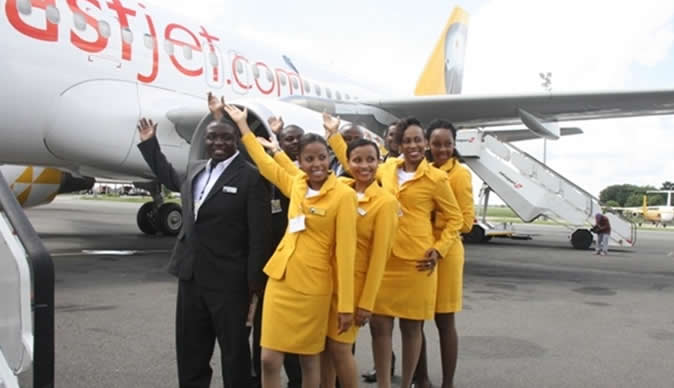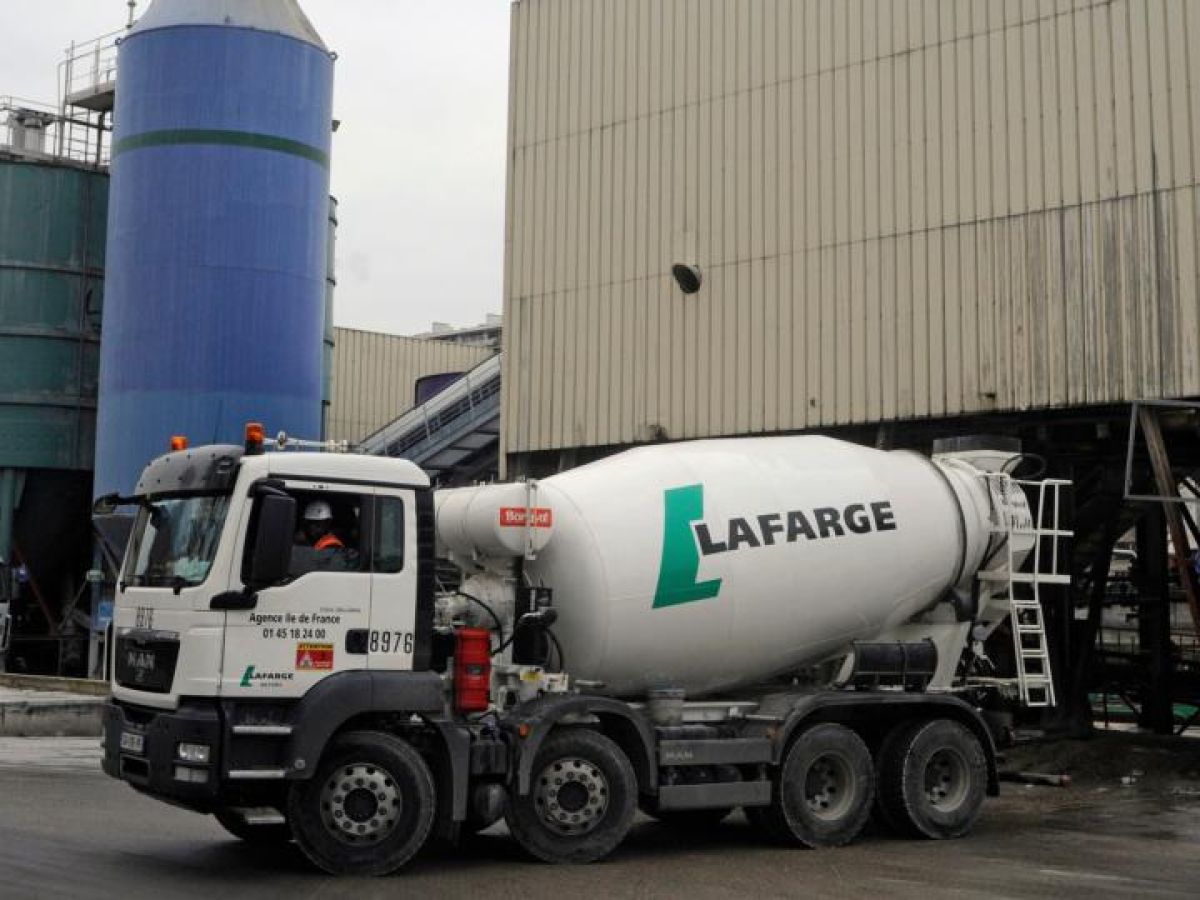President Mnangagwa meets Lafarge-Holcim, Syngenta top leadership
Lafarge-Holcim Cement that has a stake in Zimbabwe cement manufacturer, Lafarge Cement Zimbabwe, has not reached any conclusion with regards disposal of its shareholding in the firm and is instead looking at further investments into its Zimbabwe operations.
This was said by John Stull, Lafarge-Holcim Cement’s, Corporate Area Manager (SubSaharan Africa/Indian Ocean) soon after paying a courtesy call on President Emmerson Mnangagwa at his Hotel in Davos, Switzerland yesterday evening.
President Mnangagwa is attending the World Economic Forum and took time from his busy schedule to meet with companies that have an interest in investing in Zimbabwe. One of those companies is Lafarge-Holcim Cement, which was reportedly planning to dispose of its stake in Lafarge Cement Zimbabwe.
Towards the end of January, the Lafarge Zimbabwe issued a cautionary statement, published in the media and on the Zimbabwe Stock Exchange, saying “there may be developments relating to the Company, the full impact of which is currently being determined as it may have an effect on the Company’s securities.”
Syngenta Agrichemicals C.E.O. also called on the President.
Following that statement, there was widespread speculation and media reports that major shareholder Associated International Cement Limited (AICL) had put its 76,45 percent stake up for grabs.
In March, another cautionary statement was issued by the ZSE listed firm saying “a significant shareholder in the Company is involved in discussions regarding its stake in thecompany.”
“Such transaction, if successfully concluded, may have an effect on the company’s securities,” read the statement in part.
On the 20th of April, a further cautionary statement was released saying AICL had rejected an offer for its 76.45 percent stake in the company and was still assessing the offers received for its stake in the firm.
In the latest statement, published on the 10th of May, Lafarge Zimbabwe said AICL had “received certain offers for its 76.45 percent stake in the company and is still assessing such offers.”
The firm is, however, yet to reach any conclusion with regards to the proposed transaction, according to Mr. Stull.
Instead, the firm discussed with President Mnangagwa and his delegation on “how to make the business better and how to make it grow.”
Mr Stull said there is already a project that is ongoing at Lafarge Cement and is nearing completion ahead of inviting President Mnangagwa to launch it.
Asked to comment on the reported disposal, Mr Stull said there were some notices to the Zim Stock Exchange (ZSE) “but no conclusion” had been reached.
Instead, Mr Stull said, the company is looking at bringing 3D technology to Zimbabwe this year.
Meanwhile, President Mnangagwa also met with the top leadership of Syngenta Agrichemicals (Syngenta), a diversified seed and chemical group.
Syngenta, which already has some products selling in the Zimbabwe market is looking at expanding its reach including the introduction of climate-resistant products.
Speaking soon after meeting President Mnangagwa, Syngenta CEO Erik Fyrwald, said there is scope to bringing leading-edge agriculture technology into the country.
With Zimbabwe focused on mechanising its agriculture sector, the Syngenta interest could not have come at a better time.
President Mnangagwa took every opportunity he got at the World Economic Forum to remind Africa that it needed to grow its food.
But with climate change that has brought floods and droughts, new technology could be the mitigating factor. Syngenta has crop protection products already available in the Zimbabwe market and is including a chemical that can protect crops from fall armyworm.
“We also have a foundation that works with public seed development that I think also benefits its Zimbabwean farmers today.
“But we see much potential and that’s why we met here with the president to discuss how we can unlock that potential, Mr Fyrwald said.
“We are going to have meetings soon and we will get our people in Africa to come to Zimbabwe and meet with the Agriculture Minister to discuss what the opportunities are and how we can work more closely together.”-The Herald











